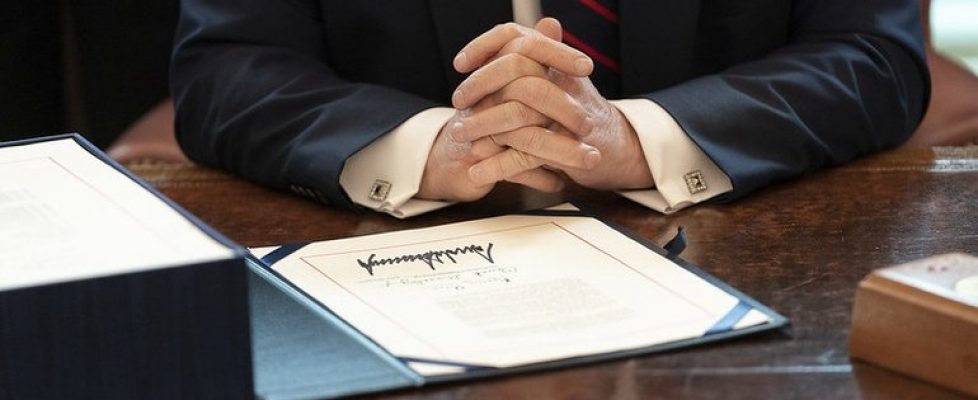Democratic lawmaker calls telehealth expansion the ‘silver lining’ of pandemic
Rep. Doris Matsui (D-Calif.) on Wednesday said the COVID-19 pandemic has opened the door to widespread adoption of remote health care.
“Telehealth has become the silver lining of the pandemic,” Matsui said at The Hill’s “COVID-19: The Way Forward” event.
The California Democrat, who sits on health and technology subcommittees as a member of the House Energy and Commerce Committee, highlighted the benefits of telehealth, from minimizing the risk of transmission between patient and provider to resolving transportation issues and language barriers.
Dr. Carrie Byington, executive vice president of University of California Health who spoke at the event sponsored by Association of American Medical Colleges, said telehealth is crucial to reaching communities that don’t have adequate access to doctors.
Before the pandemic, she said, the university’s medical system saw about 500 virtual care visits per month. That number is now 200,000, having expanded to areas like New York City and the Navajo nation.
Matsui said that she and her colleagues had always hoped to improve access to telehealth, but “there have always been impediments.” Now, Matsui said, the urgent need for health care has overridden any barriers.
During the pandemic, Medicare and Medicaid waivers have allowed patients to use — and be reimbursed for — telehealth more broadly. Matsui said in Wednesday’s interview with The Hill’s Steve Clemons that she now hopes to make those measures permanent.
Democrats are hopeful that they can make broad gains on health care under a potential Biden administration. Winning back the White House, though, will require significant voter turnout this fall.
At an event earlier on Wednesday titled “What America Wants,” Biden campaign pollster John Anzalone, a partner at AGL research, discussed how a Biden coalition is different from an Obama or Clinton coalition.
Anzalone said Democratic presidential nominee Joe Biden is ahead with demographic groups President Trump won in 2016 that former President Obama lost in 2012: independents, college educated voters, suburbanites and seniors.
In the interview with The Hill’s Reid Wilson, Anzalone said he expects polls to be more accurate than they were in 2016, both because Trump is no longer a “wildcard” candidate and because pollsters have adapted their interview-style in response to the “collective PTSD” around 2016 poll inaccuracy.

